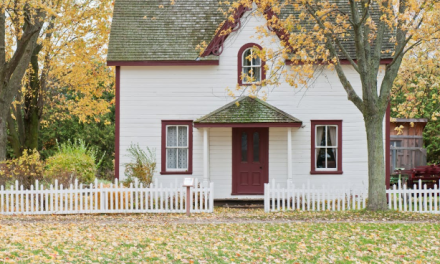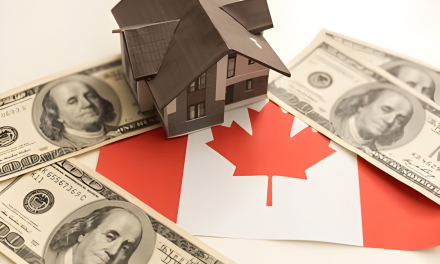In Canada, homeownership is a cornerstone of the national dream. But with rising property values, a question lingers: do you have to pay taxes on the equity you build up in your home? The answer, like most things related to taxes, is a nuanced “it depends.” This guide will delve into the world of home equity, capital gains tax, and how they intersect for Canadian homeowners.
Understanding Home Equity
Home equity is the difference between the market value of your home and the amount you still owe on your mortgage. Think of it as the portion of your home that you truly own. Let’s use an example:
- You buy a house in Vancouver for $1 million with a $200,000 down payment.
- Your initial home equity is $200,000 (down payment) – $800,000 (mortgage) = $200,000.
As you make mortgage payments, your equity grows. Additionally, if the housing market appreciates, the value of your home increases, further boosting your equity. So, after five years of ownership:
- You’ve paid down your mortgage by $50,000.
- The house value has increased to $1.2 million.
Your equity is now:
- $200,000 (initial equity) + $50,000 (mortgage payments) + $400,000 (market appreciation) = $650,000
Accessing Your Home Equity
While home equity isn’t a literal pot of money sitting in your bank, you can access its value in two ways:
- Home Equity Loan/Line of Credit (HELOC): These financial products allow you to borrow against your equity, essentially receiving a loan secured by your home.
- Selling Your Home: When you sell, the equity is the difference between the selling price, minus any closing costs and the remaining mortgage balance.
The Taxman and Home Equity: The Capital Gains Tax Twist
Here’s where things get interesting. Generally, you don’t pay taxes directly on your home equity. However, capital gains tax comes into play when you sell a property that isn’t your principal residence, or a property that once wasn’t your principal residence.
Principal Residence Exemption: Thankfully, Canada offers a principal residence exemption. This means if you sell your primary residence (the home you live in most of the time), any capital gains earned during your ownership are typically exempt from taxation. There’s no set time limit for a property to qualify; it just needs to be your primary residence for the tax year in question.
The Nuances of “Principal Residence”:
- You can’t claim a vacation home as your principal residence if you only spend weekends there.
- The Canadian Revenue Agency (CRA) will investigate claims to ensure legitimacy.
- Residency is determined year-by-year. Even if you designate a vacation property as your principal residence for a few years, the equity built up during non-principal residence years might be subject to capital gains tax upon sale.
Let’s revisit our Vancouver example:
- You’ve lived in your Vancouver home for 20 years, claiming it as your principal residence.
- The CRA verifies this. When you sell, you won’t pay capital gains tax on the equity growth during those 20 years.
Secondary Properties and Capital Gains Tax:
- Now, imagine you buy a cottage near Whistler, not designated as your principal residence.
- When you sell the cottage, you’ll likely have to pay capital gains tax on the equity accumulated during ownership.
- Even if you eventually move to the cottage and make it your principal residence, the capital gains tax applies to the value increase before it became your primary residence.
Capital Gains Tax Explained:
Capital gains tax might sound daunting, but it’s not as bad as it seems. Here’s the relief:
- It applies only to 50% of the capital gain.
- Let’s say you sell your Whistler cottage for $1 million with a $300,000 purchase price. Your capital gain is $700,000, but only $350,000 (50%) is subject to tax.
- The tax rate depends on your income tax bracket. Even at the highest bracket, you only pay tax on $350,000, not the full $700,000 gain.
The Future of Home Equity Tax in Canada
There have been discussions about a broader home equity tax, even on principal residences. However, such proposals haven’t yet materialized.
Conclusion
By understanding home equity and capital gains tax, you can make informed decisions about your homeownership journey in Canada. Remember, this guide serves as a starting point. Consulting with qualified professionals like tax advisors or real estate agents is crucial for navigating specific situations and maximizing your financial well-being.











